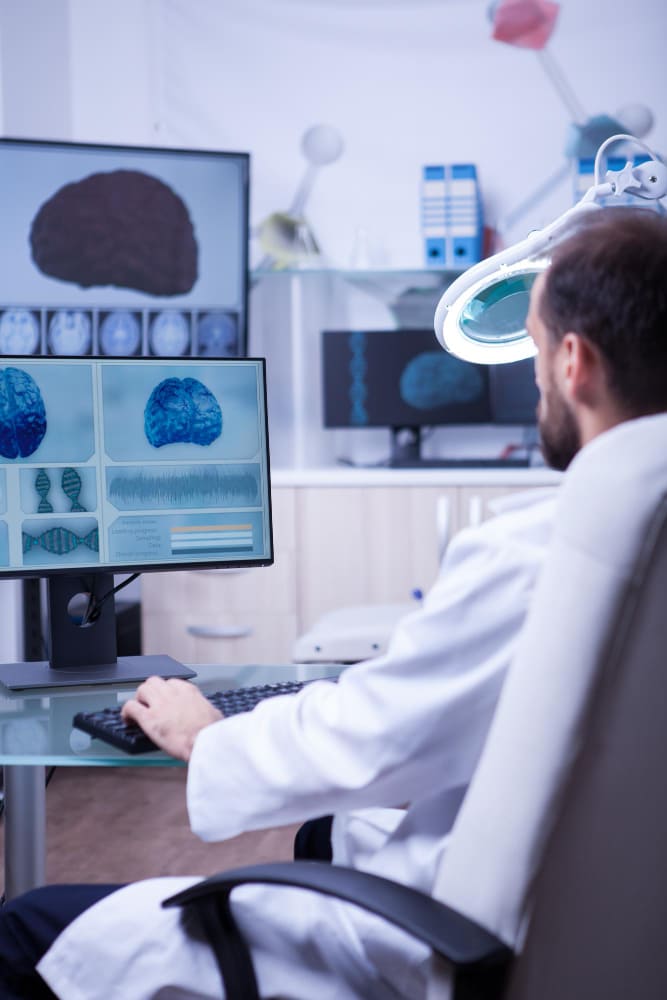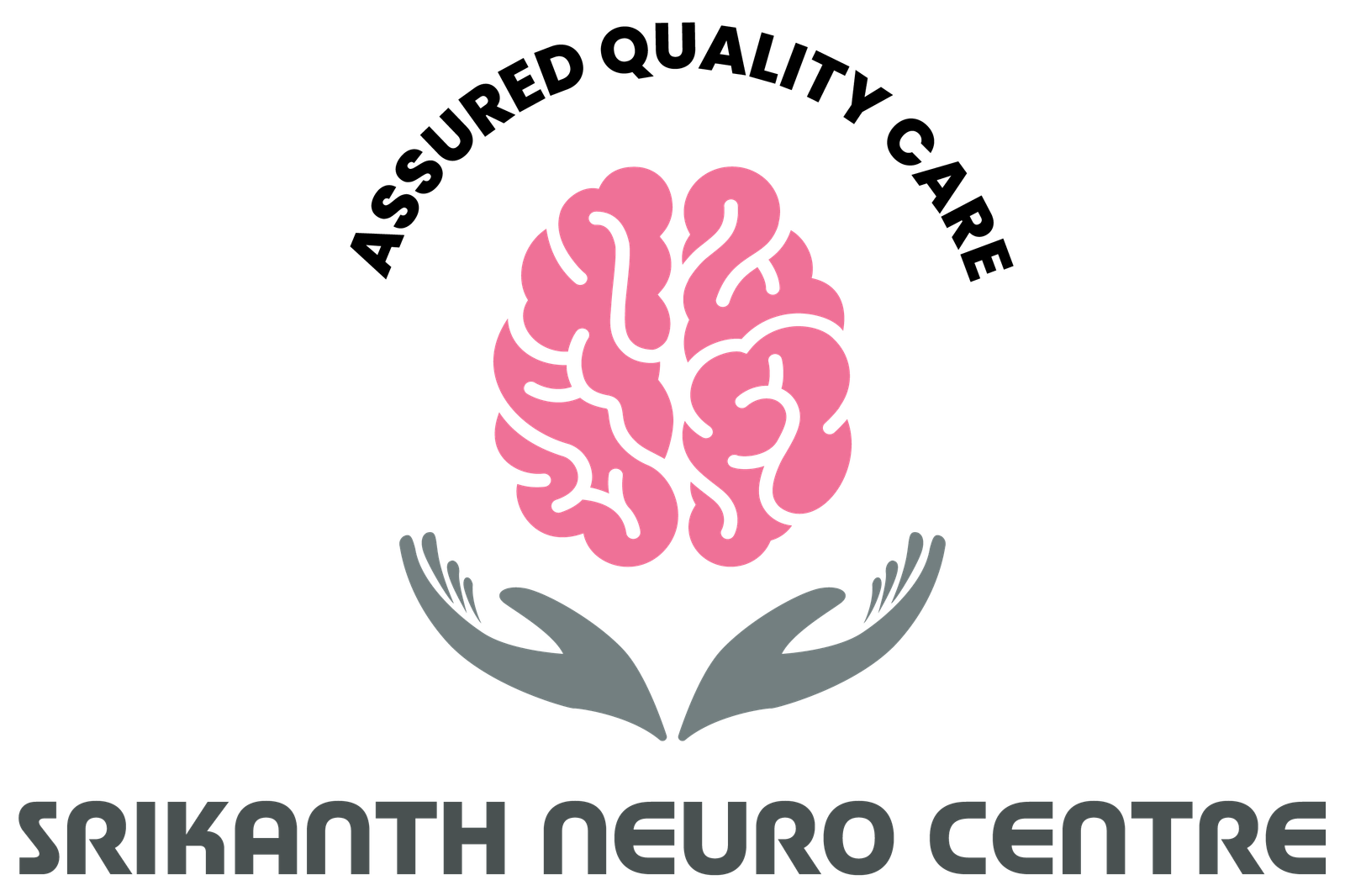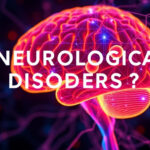Faq
Frequently Asked Questions
Neurology is the branch of medicine that deals with the diagnosis and treatment of diseases and disorders of the nervous system, which includes the brain, spinal cord, peripheral nerves, and muscles.
You should see a neurologist if you experience symptoms such as chronic headaches, dizziness, seizures, numbness, tingling, muscle weakness, or problems with coordination, memory, or speech.
Common tests include MRI, CT scans, EEG, ENMG, blood tests, and neuropsychological assessments. These help in diagnosing conditions like epilepsy, stroke, multiple sclerosis, and other neurological disorders.
Treatments vary depending on the specific condition but may include medication, physical therapy, lifestyle changes, and in some cases, surgery. Our center provides a comprehensive treatment plan tailored to each patient’s needs.
Bring a detailed medical history, a list of current medications, and any relevant medical records or test results. Note any symptoms you are experiencing, their frequency, and any factors that seem to trigger or alleviate them. This information will help the neurologist provide the best care possible.


Treatments for headaches and migraines may include lifestyle changes, stress management techniques, medication to prevent or relieve symptoms, and other therapies like biofeedback and cognitive-behavioral therapy.
Epilepsy is diagnosed through a combination of medical history, neurological exams, EEG, and imaging tests like MRI or CT scans. Treatment often includes antiepileptic medications, lifestyle modifications, and in some cases, surgery.
Common signs of a stroke include sudden weakness, numbness, confusion, trouble speaking, vision problems, and severe headache. Immediate treatment is crucial and may involve clot-busting medications, surgery, and rehabilitation therapies.
Vertigo can be caused by inner ear problems, vestibular neuronitis, Meniere’s disease, or migraines. Management includes medications, vestibular rehabilitation exercises, and in some cases, lifestyle adjustments.
General and pediatric neurology services include diagnosis and treatment of neurological conditions in adults and children, such as developmental disorders, epilepsy, headaches, and neuromuscular diseases, along with comprehensive care plans tailored to each patient.
Management of Parkinson’s disease includes medications to manage symptoms, physical therapy, lifestyle changes, and sometimes surgical options like deep brain stimulation (DBS) to improve quality of life.
Demyelinating disorders, such as multiple sclerosis, involve damage to the myelin sheath that surrounds nerve fibers. Treatment focuses on managing symptoms and slowing disease progression through medications, physical therapy, and lifestyle changes.









